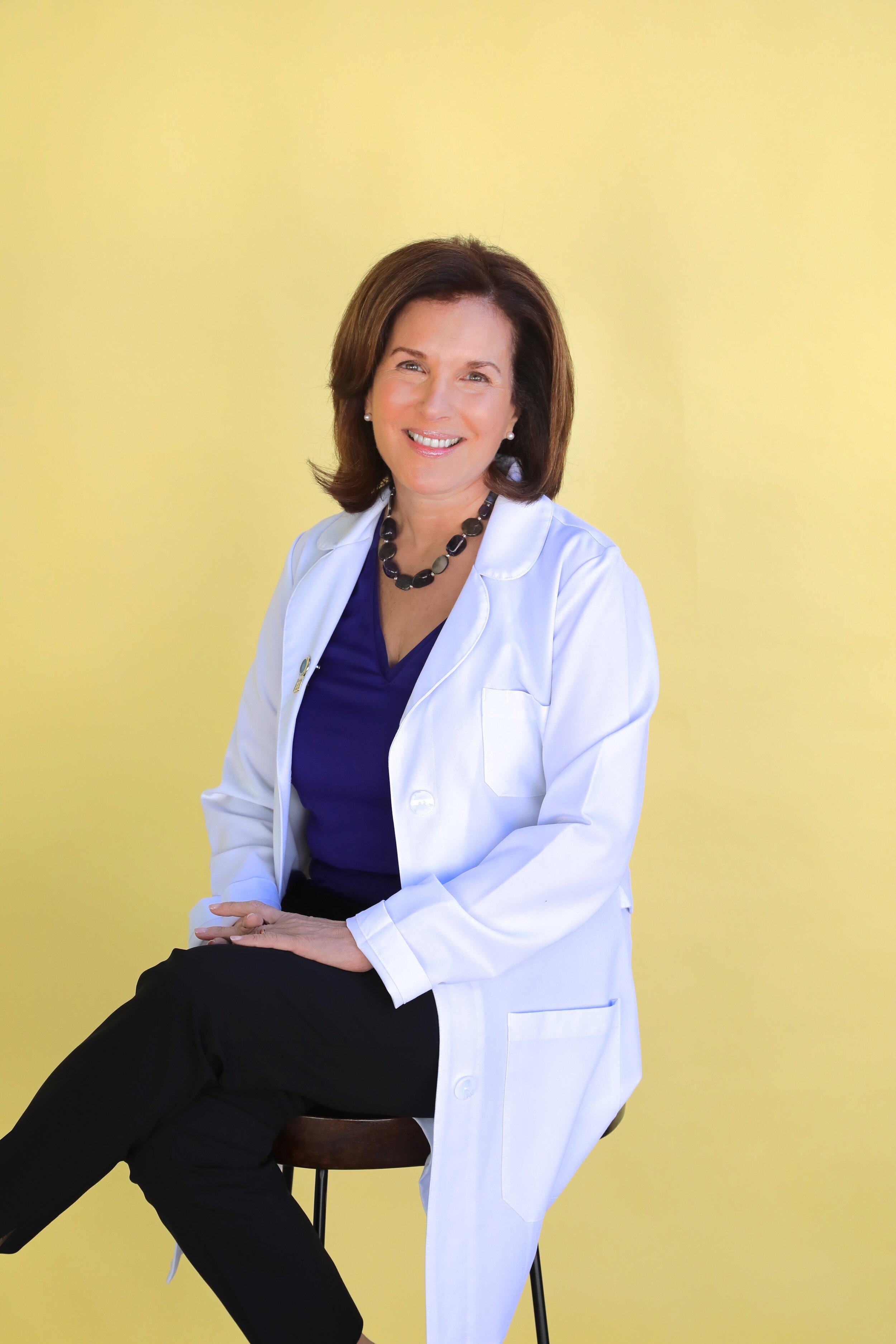Clinical Practice
Dr. Avitzur is a board-certified neurologist with medical offices in Tarrytown and Carmel, New York. She provides consultative services and medical care for patients with neurological conditions including:
Back and Neck Pain
Headache and Migraine
Musculoskeletal Disorders
Carpal Tunnel Syndrome and Other Nerve Entrapments
The office staff can provide you with scheduling information and assist you in booking an appointment. It is helpful to have your contact and insurance information, and referral (if needed), available when you call.
If you would like to expedite the registration process, the Patient Registration Form may be completed in advance of your visit.
Electromyography and Nerve Conduction Studies (EMG-NCS)
Electromyography and nerve conduction studies are usually performed together to help diagnose causes of weakness and numbness occurring in the upper and lower extremities. The most well known of these conditions include carpal tunnel syndrome, ulnar neuropathy, cervical radiculopathy, lumbosacral radiculopathy (sciatica), and peripheral neuropathy.
Nerve conduction studies are used to help localize and identify nerve problems by looking at the velocity and quality of the electrical impulses traveling along each nerve. This is done by administering a small electrical current to the arm or leg, and then measuring the response of the nerve, using specialized technology.
Electromyography helps to refine the pattern of abnormality that fits best with involvement of one or more nerves, nerve roots, or a network of nerves (called a plexus), and also tests for muscle diseases themselves. The electromyogram is performed by inserting a small, thin needle into various muscles to assess their function both at rest and with contraction. No outside electrical current is used during this part of the examination, and a new, sterile and disposable needle is used for each patient There may be a small amount of pain when the needle is put in. Only the muscles necessary to decide what is wrong are examined.
Patients: Please do not use hand or body lotion, perfumes or colognes, or soaps with cream or oils such as Dove, Tone, or Caress on the day of the test. The tests usually take 60 to 90 minutes. You may perform normal activities like eating, driving, and exercising, before and after the tests. There are no lasting side effects from these tests, although some patients may experience very mild muscle soreness for a day or so or have slight bruising.







